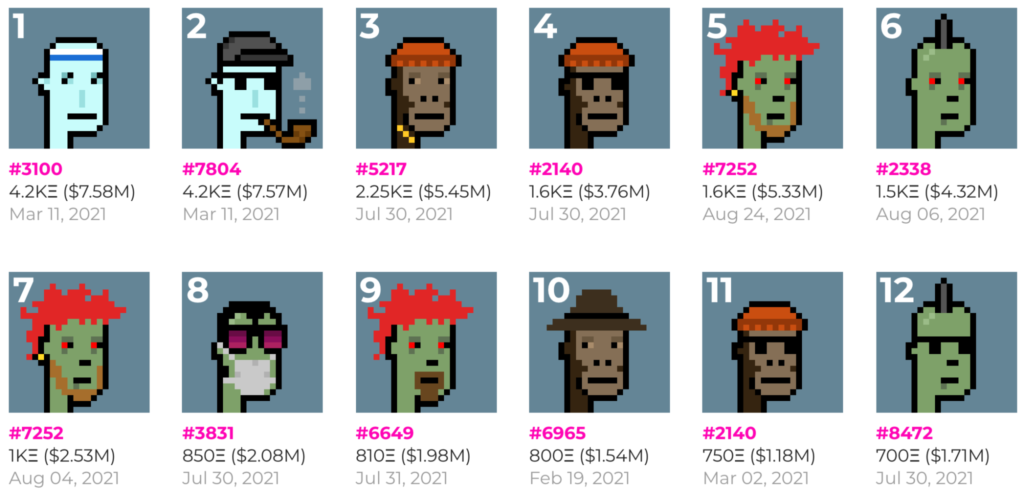The controversial and unresolved outcome of a Polymarket betting event concerning Robert F. Kennedy Jr.’s presidential campaign continues to stir debate. The platform has seen a surge in activity and bets related to Kennedy’s recent announcement suspending his campaign.
Betting Dynamics on Polymarket
Initially, the market predicted a 90% likelihood that Kennedy would drop out by Friday, aligning with his scheduled speech in Arizona. However, the resolution of the bet has been delayed due to discrepancies in interpreting Kennedy’s actual campaign status. Leading to a staggering $6.3 million wagered on the outcome.
The Role of UMA Protocol in Dispute Resolution
Polymarket utilizes the UMA Protocol to address disputes within its markets. This system involves UMA token holders who vote on the disputed outcomes based on evidence and discussions from the community, particularly insights shared on UMA’s Discord server. This process has already confirmed twice that Kennedy did indeed drop out on Friday. Yet a third and final review remains pending due to ongoing debates among participants.
Kennedy’s Campaign Statements and Market Confusion
Despite Kennedy’s statement that he is not “terminating” his campaign entirely but merely suspending it in swing states to not undercut Donald Trump’s chances. The market’s participants have different views. Some users have leveraged the ambiguity to place bets that Kennedy is still in the race, influenced by his encouragement to supporters outside battleground states that his name will remain on the ballot.
Community and User Reactions
The prolongation and repeated reviews of the market outcome have sparked frustration and skepticism among Polymarket users. Some feel that the platform’s decision-making process may lean too heavily on technicalities rather than the spirit of what was actually communicated by Kennedy. This sentiment has been echoed by users who believe their understanding of the event did not align with the majority vote by UMA token holders.
As Polymarket navigates this complex dispute, the situation highlights the challenges prediction markets face when dealing with nuanced political developments. The resolution of this particular market will not only affect the financial outcomes for many users but also shape future perceptions of the reliability and fairness of such platforms in politically charged scenarios.


